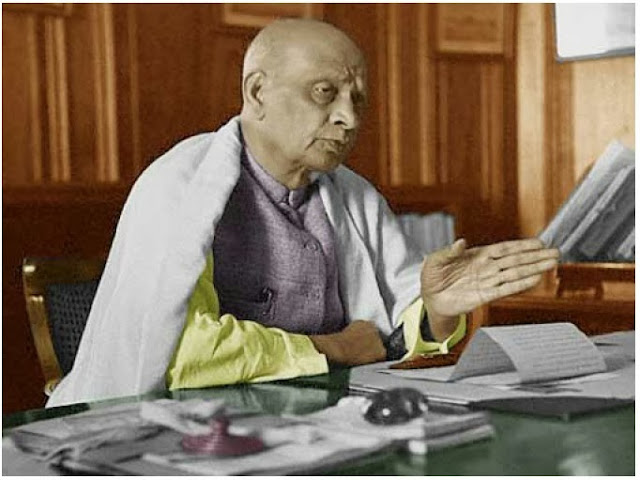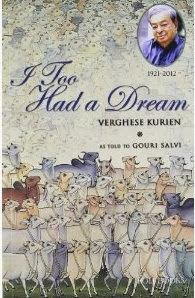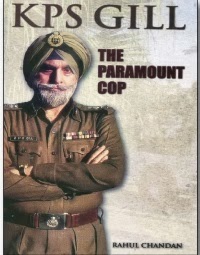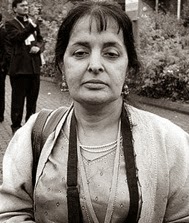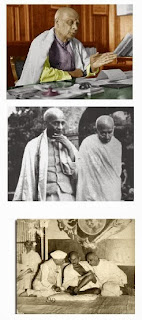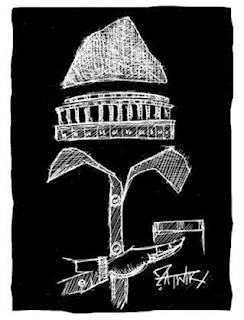K.M. Munshi’s Book - “Pilgrimage to Freedom”
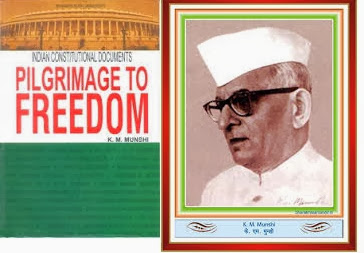
Munshi was India’s Agent General in Hyderabad before the Police Action. The chapter opens with these tell-tale paragraphs: The most ambitious of Indian Princes was the Nizam of Hyderabad who declared on June 12, 1947, that “the departure of the paramount power in the near future will mean that I shall become entitled to resume the status of an independent sovereign.” He also demanded the ‘retrocession’ of Berar, that had once formed part of his State, and started negotiations with Portugal to acquire the port of Goa, to secure an outlet for his State to the sea. The Nizam had set his heart on becoming a “Third Dominion’ of the British Commonwealth. Sir Conrad Corfield, the Adviser to the Crown Representative, was reported to be its sponsor. It is possible that he himself had presented the idea to the Nizam in the first instance. On November 29, 1947, after prolonged negotiations, a one-year Standstill Agreement was signed between Hyderabad and India. Sardar, in h
